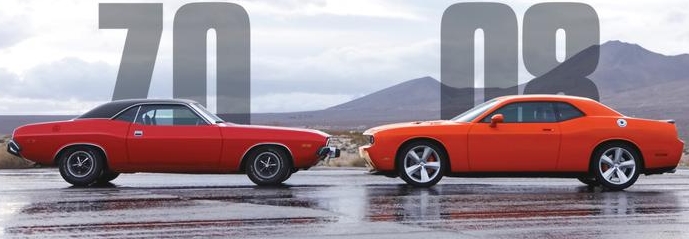- Joined
- Jun 23, 2005
- Messages
- 32,451
- Reaction score
- 22,678
- Gender
- Male
- Political Leaning
- Moderate
Thank you for the link. Unfortunately, an agenda driven website presenting a report covering a false premise doesn't get very far in my book. Shale and tight oil have never, to my knowledge, been considered an answer to a petroleum crisis. They have always been considered a viable addition to petroleum production and supplies.
As such, the "desmog.blog, and the "Post Carbon Institute" may want to rethink their spin if they intend to attract an audience beyond the cheerleaders already in their camp.
The problem is a lot of people that are ignorant of the basic economics of oil production have thought that tight oil would lead to low prices at the pump when it actually the only way to reduce prices at the pump at this point is through greater vehicle efficiency that leads to reduced demand.







